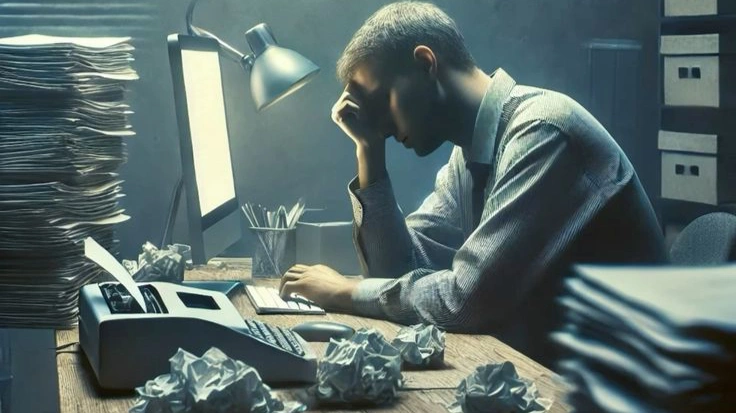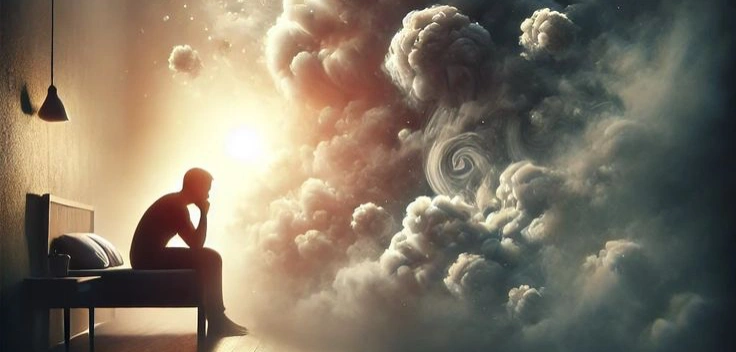Too Much: How We Drown in Information and Lose Ourselves
Every morning begins the same: we reach for our phones before we even get out of bed. Notifications flash. News feeds update. Messages await. Memes, videos, headlines, podcasts, playlists — a buffet of noise before breakfast. We consume information like oxygen. But instead of feeling full, we feel… drained.
We live in an age where information is infinite, constant, and immediate. There’s always something to read, something to watch, something to “catch up on.” And yet, we’re more overwhelmed than ever. We know more facts, but feel less grounded. We read more, but understand less. In this flood of data, the brain begins to blur the line between signal and noise.

It’s not just the volume that exhausts us — it’s the fragmentation. Our attention is pulled in a dozen directions, every moment. We skim headlines without context, consume content without reflection, absorb opinions without asking if they’re our own. When everything is urgent, nothing is truly important. When everything is interesting, nothing is meaningful. We are constantly stimulated, but rarely engaged.
And what’s the cost? Anxiety that simmers in the background. A creeping sense that we’re falling behind. That we’re not doing enough, not knowing enough, not being enough. Because someone is always achieving more — and their story is always in your feed. We compare, scroll, and compare again, until we lose track of where we end and the algorithm begins.
This isn’t a call to delete the internet. It’s an invitation to reclaim your attention. Digital mindfulness isn’t about disconnecting — it’s about choosing. Choosing when to read, what to consume, how to respond. Choosing when to say: “Enough. I don’t need to know everything right now.” It’s the act of pausing in a world that profits from your constant motion.

Sometimes that pause is simple: silence your notifications. Mute what drains you. Make space for deep reading instead of endless scrolling. Go for a walk without your phone. Sit in stillness. Breathe without checking anything. Talk to someone face-to-face — not just with thumbs.
Information is powerful — but only when it serves you, not when it drowns you. Knowledge isn’t found in how much you’ve seen today. It’s what you still remember tomorrow. It’s what shifts your perspective, not just fills your feed.
You don’t owe your attention to everything. You don’t need to know every headline, watch every video, read every comment. What you pay attention to becomes your reality. So protect it. Not out of fear — but out of respect for your own mind.
Close